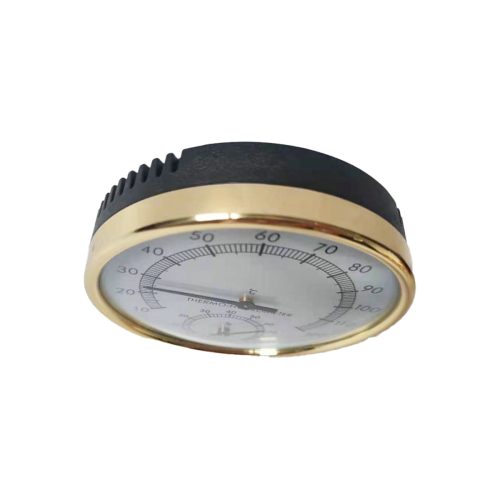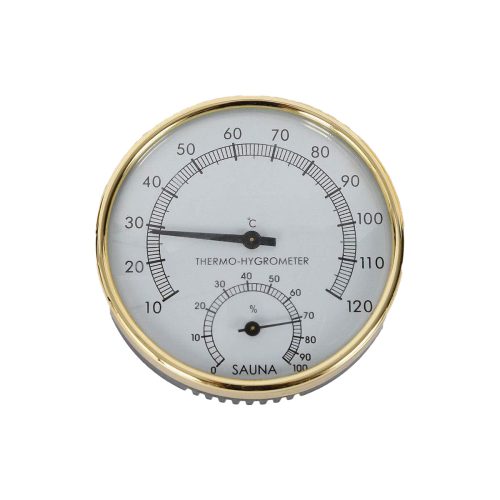Thermometers play a crucial role in healthcare settings for assessing body temperature, which is an essential vital sign used to diagnose and monitor various medical conditions. Here’s how thermometers are utilized in healthcare:
- Temperature Monitoring: Thermometers are used to measure body temperature accurately. Elevated body temperature can indicate fever, which might be a symptom of an underlying infection or illness. Different types of thermometers, such as oral, rectal, tympanic (ear), temporal artery, and infrared forehead thermometers, are used depending on patient age, comfort, and the specific medical setting.
- Early Detection of Illness: Monitoring body temperature helps in the early detection of infections or illnesses. Fever is a common symptom of various conditions such as flu, COVID-19, bacterial or viral infections, and inflammatory diseases. Timely detection allows healthcare providers to initiate appropriate treatments promptly.
- Diagnostic Tool: Body temperature measurement assists healthcare professionals in diagnosing and differentiating between various health conditions. Consistently high or low temperatures, along with other symptoms, help guide healthcare providers in making accurate diagnoses.
- Monitoring Treatment Progress: Thermometers are used to monitor a patient’s response to treatment. Tracking temperature changes over time helps determine the effectiveness of medications or interventions and allows healthcare providers to adjust treatment plans as needed.
- Infection Control: In healthcare facilities, accurate temperature monitoring is crucial for infection control protocols. Screening patients for fever helps identify individuals who might be contagious and assists in preventing the spread of infections within hospitals or clinics.
- Differentiated Care: Body temperature measurement helps healthcare providers decide whether a patient needs further evaluation, hospitalization, or can be managed at home based on the severity of their fever or illness.
- Pediatric and Geriatric Care: Thermometers are especially important in pediatric and geriatric care. They allow for accurate temperature measurement in infants, children, and older adults who might not be able to communicate discomfort or may have varying normal temperature ranges.
- Telehealth and Remote Monitoring: With advancements in technology, digital thermometers and connected devices are increasingly used in telehealth and remote monitoring programs. Patients can measure their temperatures at home, and healthcare providers can remotely monitor and track these readings for ongoing care management.
Thermometers are indispensable tools in healthcare, aiding in the assessment, monitoring, and management of patients’ health conditions. Continuous advancements in thermometer technology aim to improve accuracy, ease of use, and integration with healthcare systems for better patient care and outcomes.


